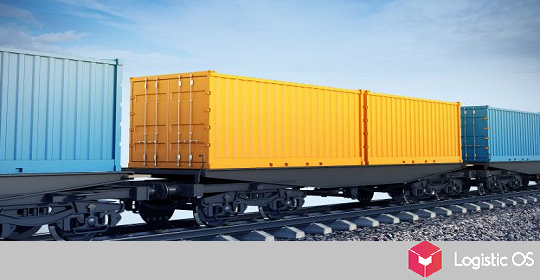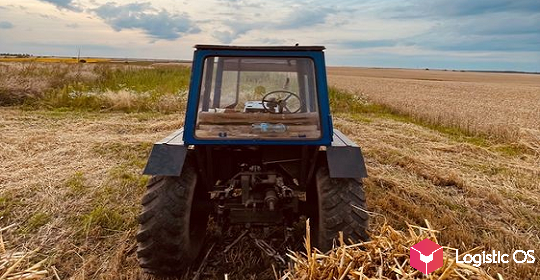The European Union has set itself an ambitious goal — to reduce greenhouse gas emissions by 90% by 2040.
However, the timing for implementing such solutions may not be right. Right now, in 12 EU countries, farmers are on strike, extremely dissatisfied with the abolition of subsidies, as well as “environmental” taxes.
According to a number of experts, up to 30% of all carbon emissions come from agricultural production. Moreover, more than half of these emissions are a consequence of livestock farming, especially cattle.
What is the way out?
WHO head Tedros Adhanom Ghebreyesus proposes a radical solution: completely abandon animal husbandry and switch to eating mainly plant foods. Supposedly this should help solve the climate problem.
However, this position has many critics.
The first point out that WHO is largely financed by private foundations, which means it can lobby for their interests. For example, the recent claim that privately owned vegetable gardens emit 6 times more carbon dioxide than conventional farms is questionable.
An obvious consequence of this state of affairs is the conclusion that it is necessary to get rid of vegetable gardens and transfer these lands to large holdings. It is possible that they are the ones behind the organization of such studies.
In addition, there are suggestions that the “winding down” of the agricultural industry in the EU under the auspices of the “green agenda” is part of a global US plan aimed at eliminating competition from Europe and entering this market with its own products.
At the same time, crop production is also not completely safe for the environment, experts point out.
“If from the point of view of greenhouse emissions, cattle breeding is the clear leader, then in terms of the overall anthropogenic impact, crop production is far from harmless.
It also requires land clearing for growing crops, consumes huge volumes of fresh water, and the use of various fertilizers and chemicals harms the surrounding ecosystem,” says Dmitry Zavyalov, head of the Department of Entrepreneurship and Logistics of the Russian Economic University.
In addition, analysts note that the lion’s share of carbon emissions still comes from industry, not food production.
Finally, the “green agenda” may currently provoke serious instability in Europe.
Taking into account the new realities, it simply becomes unprofitable for farmers to produce anything, and this may threaten a food shortage in the near future and an increase in food prices.

